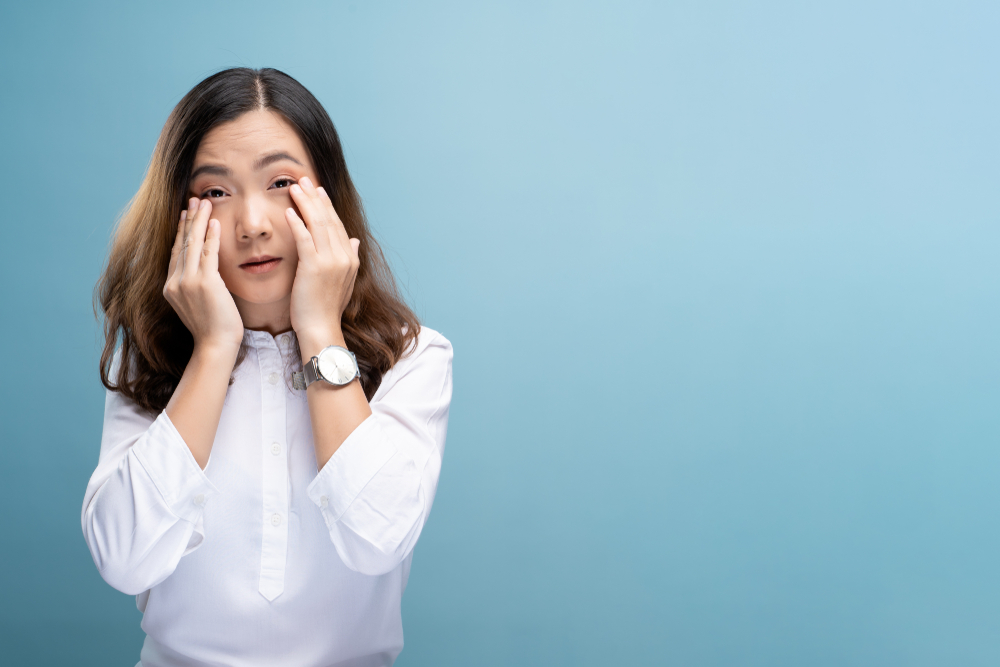
Different seasons can be frustrating because they can intensify your allergies and other conditions. Differentiating between dry eye and allergies can be challenging. The two conditions have similar symptoms, although one is not as severe as the other.
If you think you are suffering from any of these, it is important to note your symptoms. This will help your doctor resolve what you could be suffering from. So how do you know if it is dry eye or allergies, or even both?
Dry Eye
Dry eye syndrome is where the ability of your eyes to produce or maintain natural tears decreases. Tears are important for keeping your eyes healthy. They also help you see clearly. If your eyes do not produce healthy tears, they will also not lubricate adequately.
The lubrication washes away dust and debris. It provides a clear surface so you can see clearly. Tears also contain natural antibiotics. These keep your eyes safe from infections. The most common symptoms of dry eyes are:
A gritty feeling (like something is stuck in your eye).
Redness.
Stringy or watery discharge.
Burning sensation.
Blurry vision.
Sensitivity to light.
Allergies
One of the reasons you can have dry eyes is allergies. When you get into contact with something you are allergic to, it triggers your immune system. If it irritates the eyes, they produce tears to soothe themselves.
Sometimes those tears just run down, further irritating the eyes. When your dry eyes are due to allergies, you will experience:
Itchy eyes.
Redness.
Burning sensation.
Swollen eyes.
Watery discharge from the eyes.
The symptoms will vary depending on what is causing the allergy. Sometimes you may also be sensitive to light or feel like something is in your eye. The main symptom that stands out in allergies is itchiness. Some people will also experience a sore throat, sneezing, and a runny nose.
Treatment
While there are overlapping symptoms, treatment should focus on the root cause. Clues like itchy eyes, sneezing, and a running nose will help determine the true cause. If it is due to allergies, you need to deal with the cause of the allergy. If it is dry eye, then get a treatment that helps improve the quality of your tears.
Treatment for Dry Eye Syndrome
Dry eye may be a result of other underlying medical conditions. Thus, proper diagnosis is necessary before treatment. The first line of treatment includes using eye drops and artificial tears. In severe conditions, surgery may be an option. But before choosing surgery, ensure that you try all other treatments.
Special contact lenses help trap a tear film on the surface of the eye. The film hydrates your eyes and alleviates the condition. A change of diet can also help. Take flax oil and fish that are rich in omega-3.
Treatment for Allergies
To alleviate allergies, your doctor will prescribe antihistamines. However, they may worsen dry eyes. You can try cold eye compresses. They will help give you some relief. Remember to close windows in your car and house when the pollen count is high.
Use air conditioning and a dehumidifier when in the house. The dehumidifier will help control the mold in the house. When outside, wear sunglasses to protect your eyes from allergens. Wash your hands when coming from outside or petting your dog.
For more on dry eye and allergies, visit Coastal Vision Medical Group in Orange, California. You can also call (888) 501-4496 today to schedule an appointment.







